
Neovivum started with a bold vision to create AI that learns, adapts, and evolves like never before.
Our journey began at the inaugural Serendipity Collective event in Berlin in 2023, where we secured one of three €50,000 grants. With this support, my team and I set out to validate our concept of developing “conscious” AI. By combining pragmatic execution with innovative thinking, we quickly gained traction and attracted key stakeholders, including the Office of Naval Research Global (ONRG).
From the start, our goal was to build digital agents with advanced cognitive abilities—capable of understanding, adapting, and interacting in complex environments. We developed a foundational platform that integrates multimodal data, enabling our AI to generate and comprehend complex concepts, interact with sophisticated systems, and perform high-level cognitive tasks like hypothesis generation, contextual understanding, associative reasoning, and self-monitoring. We aimed to push the boundaries of AI-driven decision-making.
Rather than relying on traditional AI methodologies—often limited by domain specificity, rigid rules, and curated datasets—we sought a new approach.
This led us to develop CancerScan, a pioneering project that deciphers the “proto-grammar” of tumor communication within the tumor microenvironment. By simulating how tumors communicate under different treatment conditions, our computational models offer a groundbreaking method for predicting tumor behavior and improving oncology research.
Our work also caught the attention of the European Innovation Council (EIC), resulting in a €3 million grant from the prestigious EIC Pathfinder Open program. This funding solidifies our position as leaders in innovative AI, enabling us to develop hardware-accelerated systems capable of generating digital twins of tumors from biopsy slides. These digital twins allow for personalized treatment simulations, marking a significant leap in precision oncology.
From our early days at the Serendipity Collective to securing multi-million-euro funding, our journey has been a testament to the power of ambitious ideas and relentless execution. As we continue to push the boundaries of science and technology, we remain dedicated to redefining the future of AI-driven medical research and beyond.
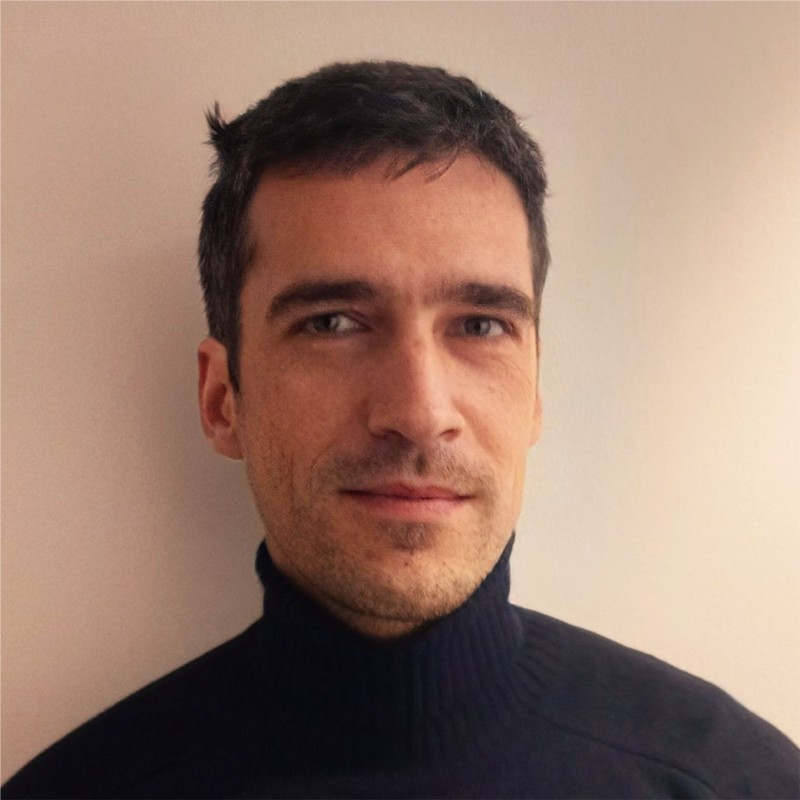
Dr. Igor Balaz
Igor Balaz is Assistant Professor of Biophysics, Physics and Meteorology. He received MSc in biology and PhD in physics of complex systems at the University of Novi Sad.
He is currently working within the Serbian national research project on subtopic: “Modelling of biological systems”. His work is mainly focused on modeling spontaneous emergence of innovations in biological evolution.
On three occasions he was the visiting researcher at the Department of Earth and Planetary Sciences, Kobe University, Japan where he worked on modeling adaptability of organization of living systems with prof. Yukio-Pegio Gunji.
He was also the visiting researcher at University of Rostock, Germany (the Systems Biology and Bioinformatics research group, Institute for Informatics) and at the Friedrich-Schiller-University Jena, Germany (Bio Systems Analysis Group, Institute of Computer Science).
He has over 30 peer-reviewed scientific papers in the international journals and chapters in research monographs.
.
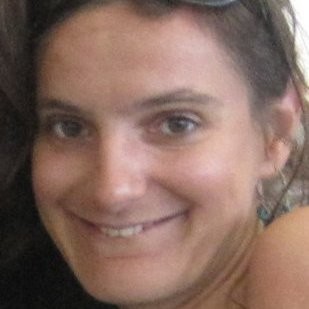
Dr. Bojama Femic
Dr. Bojama is a mathematician with extensive expertise in the areas of Hopf algebras, Hopf-Galois theory, braided category theory, Brauer groups, corings, bialgebroids, bicategories, 2-monads, enrichment, internalization, and double categories. She obtained a Ph.D. in Mathematics in March 2008 from the Free University of Brussels (VUB) in Belgium and the University of Almeria in Spain. Their thesis, titled “Azumaya corings, braided Hopf-Galois theory, and Brauer groups,” was supervised by Prof. Dr. Stefaan Caenepeel and Prof. Dr. Juan Cuadra Diaz.
Prior to this, Dr. Bojama earned a Master of Science in Mathematics from Ludwig-Maximilians University (LMU) in Munich, Germany in 2003, with a thesis focused on noncommutative and braided derivations, under the supervision of Prof. Dr. Bodo Pareigis. She completed a Bachelor of Science in Mathematics in 2000 at the University of Novi Sad in Serbia.
Dr. Bojama currently serves as a Research Assistant at the Mathematical Institute (SANU) in Belgrade, Serbia, a position they have held since October 2020. Previously, they were an Adjoint Professor at the Faculty of Engineering at the University of the Republic in Montevideo, Uruguay, from January 2013 to September 2020. Dr. Bojama also held roles as an Assistant Professor at the Faculty of Sciences at the University of the Republic in Montevideo from 2009 to 2012 and as a Research Assistant at the Mathematical Institute (SANU) from 2008 to 2009. Other professional experience includes an internship as a loan administrator in Munich in 2003.
She has also conducted research visits at institutions including the University of New Hampshire in the United States, the University of the Republic in Uruguay, and the National University of Cordoba in Argentina. Their research has resulted in numerous publications in peer-reviewed journals, with more than ten papers covering topics such as coring categories, Hopf automorphism groups, quantum Brauer groups, and bicategorical approaches to algebraic structures.
Dr. Bojama has also produced a series of preprints that explore enrichment and internalization in tricategories, alternative notions to intercategories, and a bicategorical approach to monoidal category actions.
.
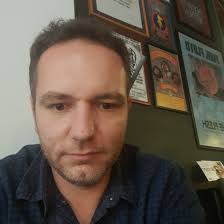
Dr. Miloš Savić
Dr. Miloš Savić is an associate professor at the Chair of Computer Science within the Department of Mathematics and Informatics at the Faculty of Sciences, University of Novi Sad. His research focuses on complex network analysis, co-authorship networks and scientific collaboration, network-based machine learning techniques, anomaly detection, and the applications of complex network analysis in software and ontology engineering, as well as educational data analysis.
Dr. Savić has extensive teaching experience in both foundational and advanced topics in computer science. He currently lectures on courses such as Data Structures and Algorithms II, Social Networks, Information Retrieval, Distributed Programming, Complex Network Analysis, Machine Learning in Bioinformatics, and Programming 2 for mathematicians. Previously, he has taught Object-Oriented Programming, Programming Languages and Paradigms, Practical UNIX, and the History of Informatics. His academic contributions extend beyond teaching, as he actively explores interdisciplinary applications of network science and machine learning in various domains.
.
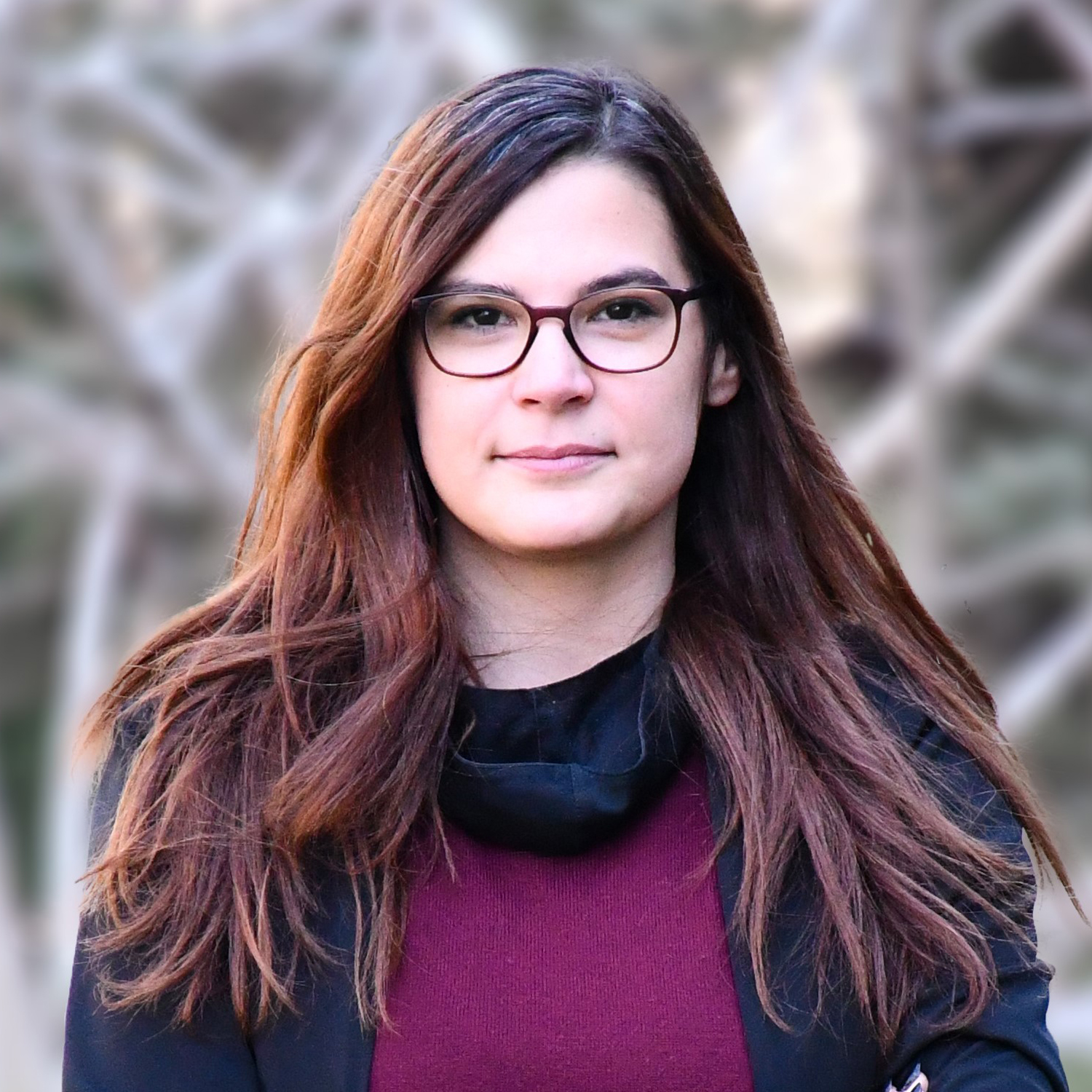
Dr. Marina Kovačević
Marina is a scientist with a diverse educational background, holding a Bachelor’s degree in Biochemistry, a Master’s degree in Chemistry, and a Ph.D. in Physical/Theoretical Chemistry with a focus on multiscale modeling of biological systems.
With a portfolio spanning from the development of cancer digital twins to the creation of biohybrid robots, Marina has consistently sought out innovative projects that push the boundaries of scientific exploration.
She is committed to providing a platform for aspiring innovators to explore their passions, exchange ideas, and access the resources they need to turn their visions into reality.
.
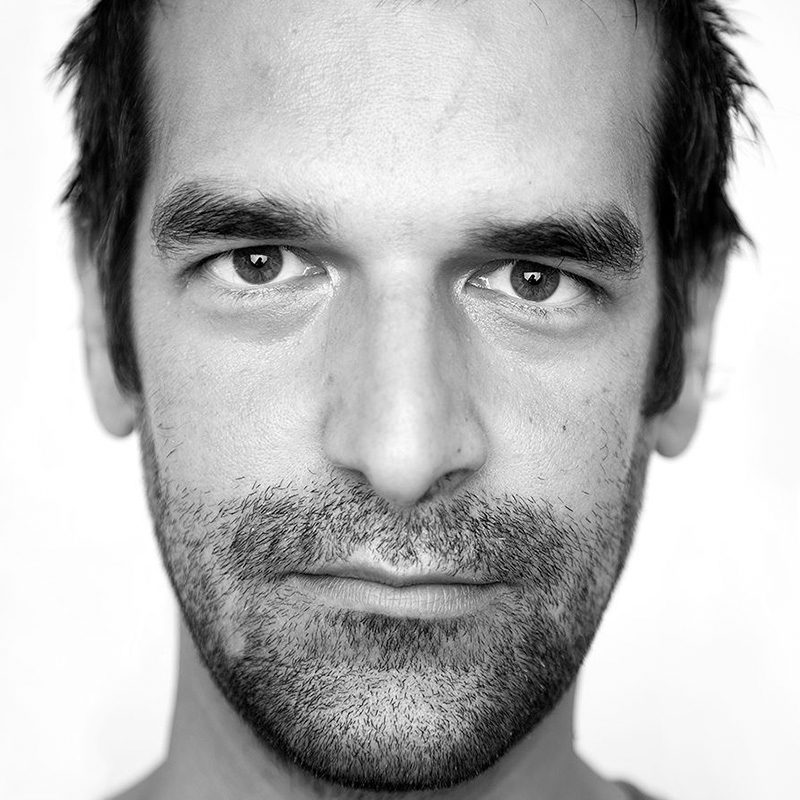
Vladan Joler
Vladan Joler is SHARE Foundation co-founder and professor at the New Media department of the University of Novi Sad. He is leading SHARE Lab, a research and data investigation lab for exploring different technical and social aspects of algorithmic transparency, digital labour exploitation, invisible infrastructures, black boxes, and many other contemporary phenomena on the intersection between technology and society.
.
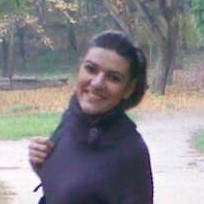
Dr. Ana Firanj Sremac
Dr. Ana Firanj Sremac is a researcher specializing in multiphysics
modeling and complex system simulations. Her expertise centers on
developing and implementing advanced numerical models for coupled
physical processes, with particular emphasis on environmental systems.
She has pioneered innovative approaches to computational modeling that
integrate multiple physical domains and spatial scales, demonstrating
the practical applications of digital twin concepts in environmental
science. Her work in high-resolution modeling has advanced understanding
of complex physical interactions, while her background in meteorological
analysis provides valuable context for environmental applications. Her
expertise extends to digital twinning concepts in climate science,
high-resolution environmental modeling, and FAIR data principles.
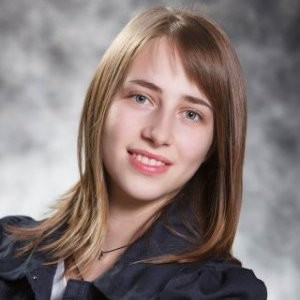
Dr. Dušica Knežević
Dušica Knežević is a teaching assistant at the Faculty of Sciences, University of Novi Sad, Serbia. With a strong background in computer science, she is currently pursuing a Ph.D. at the same institution, building upon her Master’s and Bachelor’s degrees in the field. Her research interests align with programming and computational methodologies, with expertise in Java, Prolog, and Mathematica.
She has been affiliated with the Faculty of Sciences for nearly seven years, initially serving as a teaching associate before progressing to junior research associate and, more recently, teaching assistant. Since December 2023, she has also been working as a researcher at TIGRA. Additionally, she contributed as an external collaborator at Gimnazija “Jovan Jovanović Zmaj” from 2019 to 2021 and gained industry experience as an intern at Synechron in 2018.
.
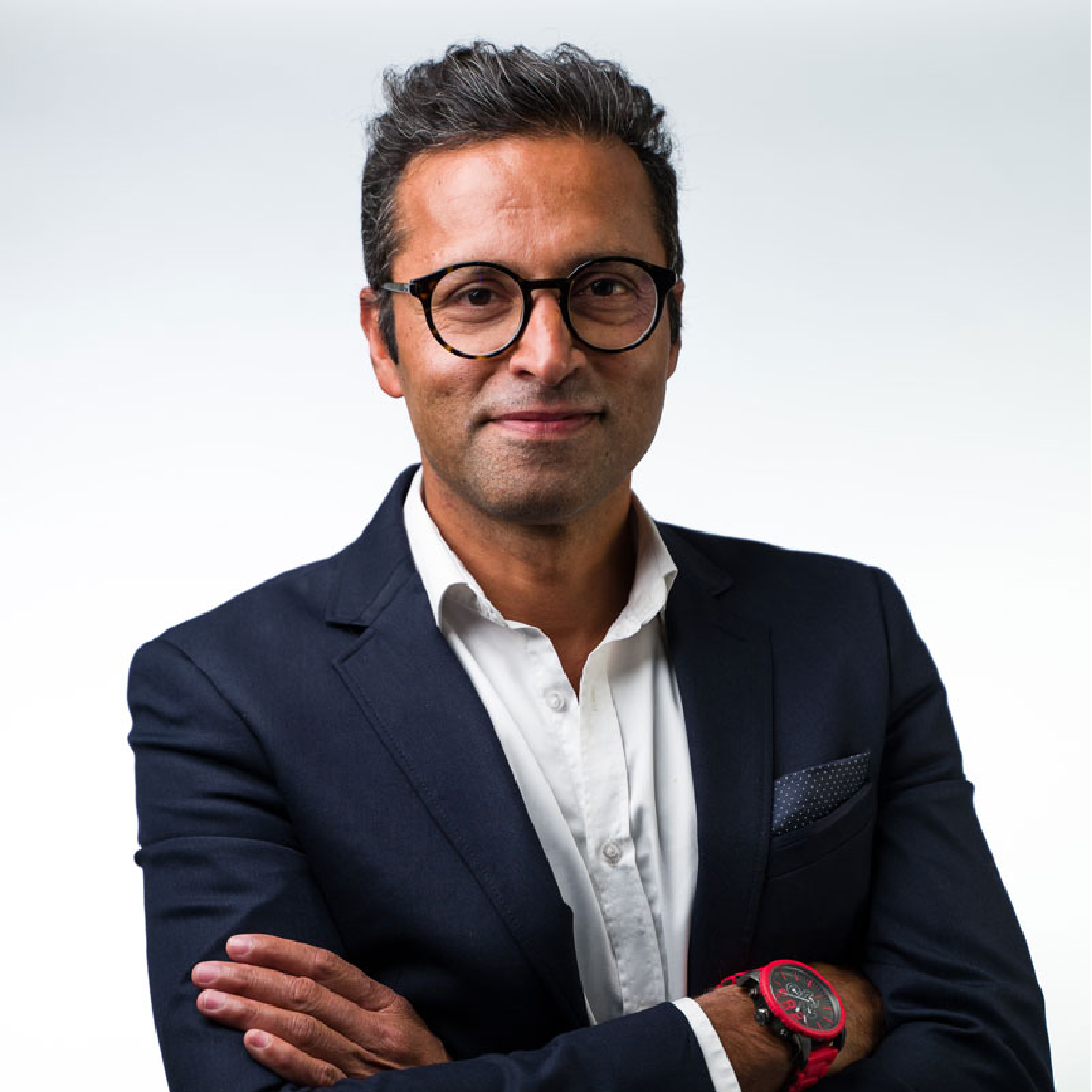
Kev D'Silva
Kev is the founder of Ideateplus and Nestlé’s employee-driven innovation program (InGenius).
Ten years as a serial intrapreneur within a complex corporate landscape resulted in insights that helped inspire others to kick-start or persevere in their enterprise innovation journey. His latest endeavor, Ideateplus provides a rapid innovation process that accelerates an organization’s ability to achieve customer-validated experiments, while developing the competence of their employees. Ideateplus provides tangible results to enterprise innovation while creating a functionally diverse and fun learning environment.
The Serendipity Collective™ is a platform to explore the potential for a future reimagined. We are not looking to solve the problems of today or tomorrow. Instead, we are building a platform that allows futuristic ideas, agnostic to an application, an opportunity to mature, envision, dream up, and not merely disrupt the status quo—but to transcend the limits of our imagination.
.
We are currently looking for a project manager with past experience in dealing with government projects.
Think you are fit for the role? Let’s talk
